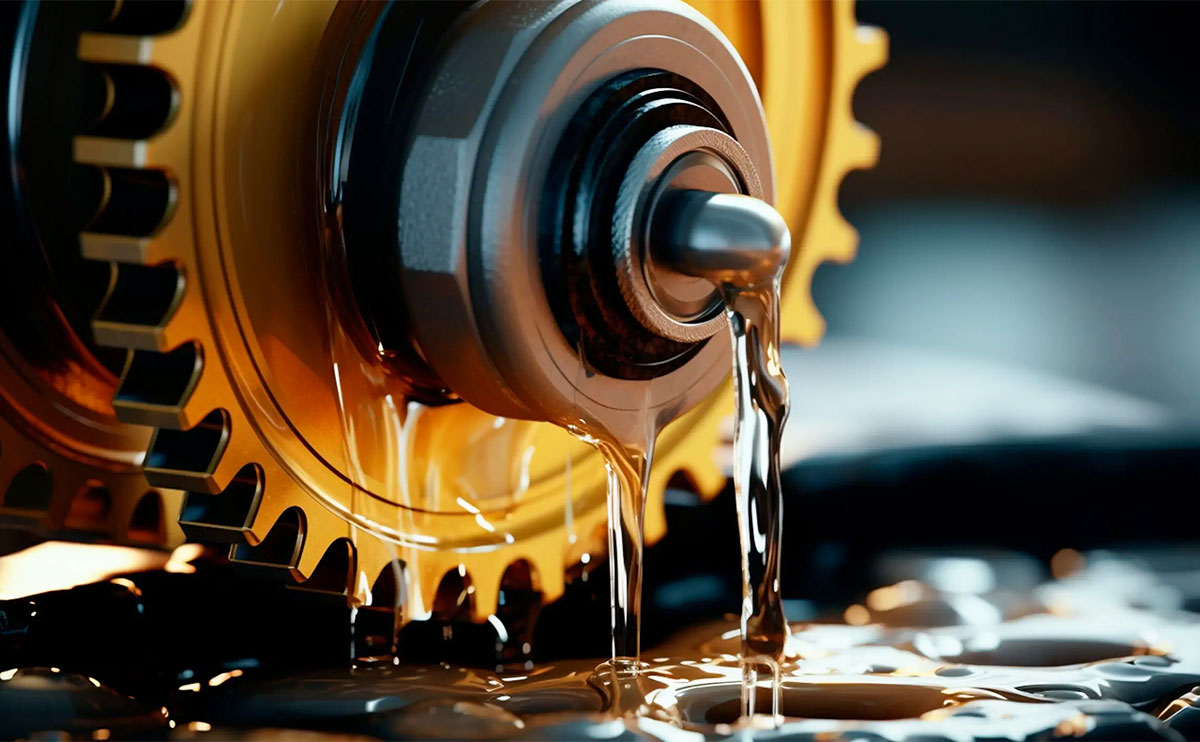Want Your Machines to Perform Better? Don’t Change Oil (But Do These Instead)
Many of us are conditioned to think that regularly changing oil is the key to keeping our machines running smoothly. While oil changes are crucial for vehicles, the same logic doesn’t always apply to industrial machinery. In fact, frequent oil changes in some cases can actually hinder performance and lead to unexpected downtime.
Here’s a look at why:
- Oil Degradation: Modern industrial oils are formulated with advanced additives that provide excellent lubrication and wear protection. However, these additives can degrade over time, especially in high-temperature environments. Frequent oil changes can prematurely remove these beneficial additives, reducing the oil’s effectiveness.
- Contamination Risk: Each oil change introduces the risk of contamination. Dirt, moisture, and other contaminants can enter the system during the draining and refilling process. This contamination can accelerate wear and tear on machine components.
- Unnecessary Downtime: Frequent oil changes require downtime for the machinery, leading to decreased productivity and potential revenue loss.
So, what’s the solution?
Focus on these key strategies instead:
- Oil Analysis: Implement a regular oil analysis program. This involves taking oil samples and sending them to a laboratory for testing. The analysis can reveal the condition of the oil, identify potential problems, and determine the optimal oil change intervals.
- Condition-Based Monitoring: Utilize condition-based monitoring techniques such as vibration analysis, temperature monitoring, and acoustic emission detection. These methods provide real-time insights into the health of your machinery, allowing for proactive maintenance and minimizing the need for unnecessary oil changes.
- Proper Filtration: Invest in high-quality filtration systems to remove contaminants from the oil. Regular filter changes can significantly extend the life of the oil and improve overall machine performance.
- Regular Inspections: Conduct regular visual inspections of the oil level and for any signs of leaks or other issues.
By focusing on these strategies, you can:
- Extend oil life: Reduce the frequency of oil changes and minimize waste.
- Improve machine reliability: Minimize downtime and unexpected breakdowns.
- Reduce maintenance costs: Lower the overall cost of equipment maintenance.
- Enhance environmental sustainability: Reduce the amount of used oil generated.
Remember:
The optimal oil change interval will vary depending on the specific type of machinery, operating conditions, and the type of oil used. Consulting with a qualified lubrication specialist can help you determine the best approach for your specific needs.
By shifting your focus from routine oil changes to proactive maintenance strategies, you can ensure that your machines operate at peak performance for longer, while minimizing downtime and maximizing your return on investment.

